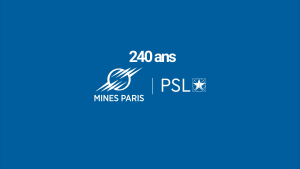Centre for industrial economics




The research questions are organized around three main research axes listed below. In all cases, priority is given to the collection and exploitation of data to produce relevant empirical evidence.
While economists frequently posit a simple equation between patent and innovation, our purpose here is to explore the imperfect articulation between IP rights and technology. On one hand, IP rights (patents, but also copyright, trademark or trade secret) are necessary to capture, codify and signal technology at different development stages. On the other hand, they may not cover all the know-how enabling the effective use of a technology, and their effectiveness as a protection mechanism is conditional to costly monitoring and enforcement procedures. By taking such factors into consideration, we aim to better account for the variety of practices and vehicles (including e.g. equity) for trading knowledge in different industries, and to highlight the main obstacles still hampering the development of MFT.
Technologies assets are highly heterogeneous, of uncertain value, and only partially covered by IP rights. As a result, their trading is hampered by important transaction costs, which various types of intermediaries (VC funds, TTOs, trading platforms, IP aggregators, patent pools) aim to reduce. Against this background, our purpose is to review existing initiatives and the underlying business models, carry out theoretical analysis and collect empirical evidence in order to assess their actual and potential impact on the efficiency of MFT.
MFT enable vertical separation and specialization between R&D and production activities, which in turn changes the way in which companies organize and compete within an industry. We study the way competition works in MFT and how it affects in turn downstream product markets. We are especially interested in two important developments, namely i) firms’ ability to use MFT to develop joint technology or share their innovations while competing downstream, ii) the conditions for R&D specialization and externalization and their long term consequences on innovation and competition.

Ecole
240 ans de recherche et de formation
Vidéo : 240ans de recherche…
> En savoir +

Formation
Les politiques publiques doivent-elles sauver des…
Photo de Andre Taissin sur Unsplash François…
> En savoir +

Formation
Mines Paris plébiscitée par ses étudiantes
Mines Paris - PSL, une école qui répond…
> En savoir +

Formation
Non, les billets pour les JO 2024 ne sont pas un…
Seul 0,5 % des billets coûtent plus…
> En savoir +

Formation
Comment les skieurs s’adaptent au manque…
L’impact du…
> En savoir +

Formation
Femmes de science
Chercheuses confirmées, doctorantes, élèves ou alumni,…
> En savoir +
